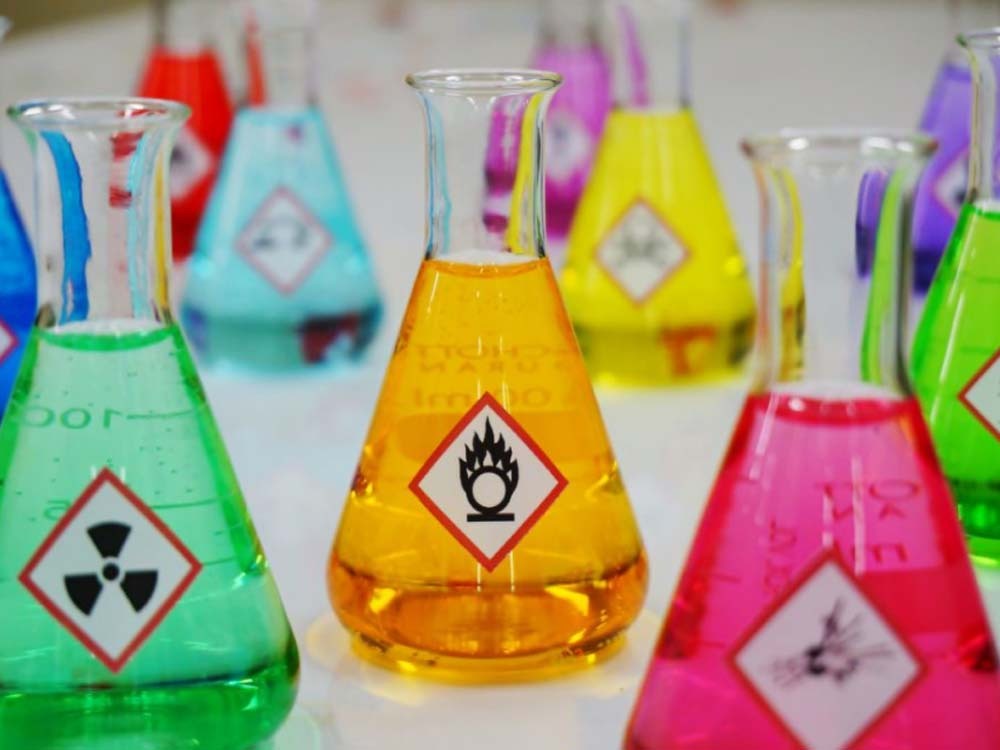Toxicology is a scientific discipline that focuses on the study of the adverse effects of chemicals, substances, or agents on living organisms. It involves understanding the mechanisms by which toxic substances interact with biological systems and the subsequent impact on health. Toxicologists, experts in this field, investigate the toxicity of various substances, ranging from pharmaceutical drugs and environmental pollutants to industrial chemicals and natural toxins. The primary goal of toxicology is to assess and manage the risks associated with exposure to potentially harmful substances. This involves evaluating the toxicity of specific compounds, determining the dose-response relationships, and establishing safe exposure levels. Toxicologists employ a variety of methods, including animal studies, in vitro experiments, and epidemiological research, to gather data and make informed assessments of the potential health hazards associated with different substances.


